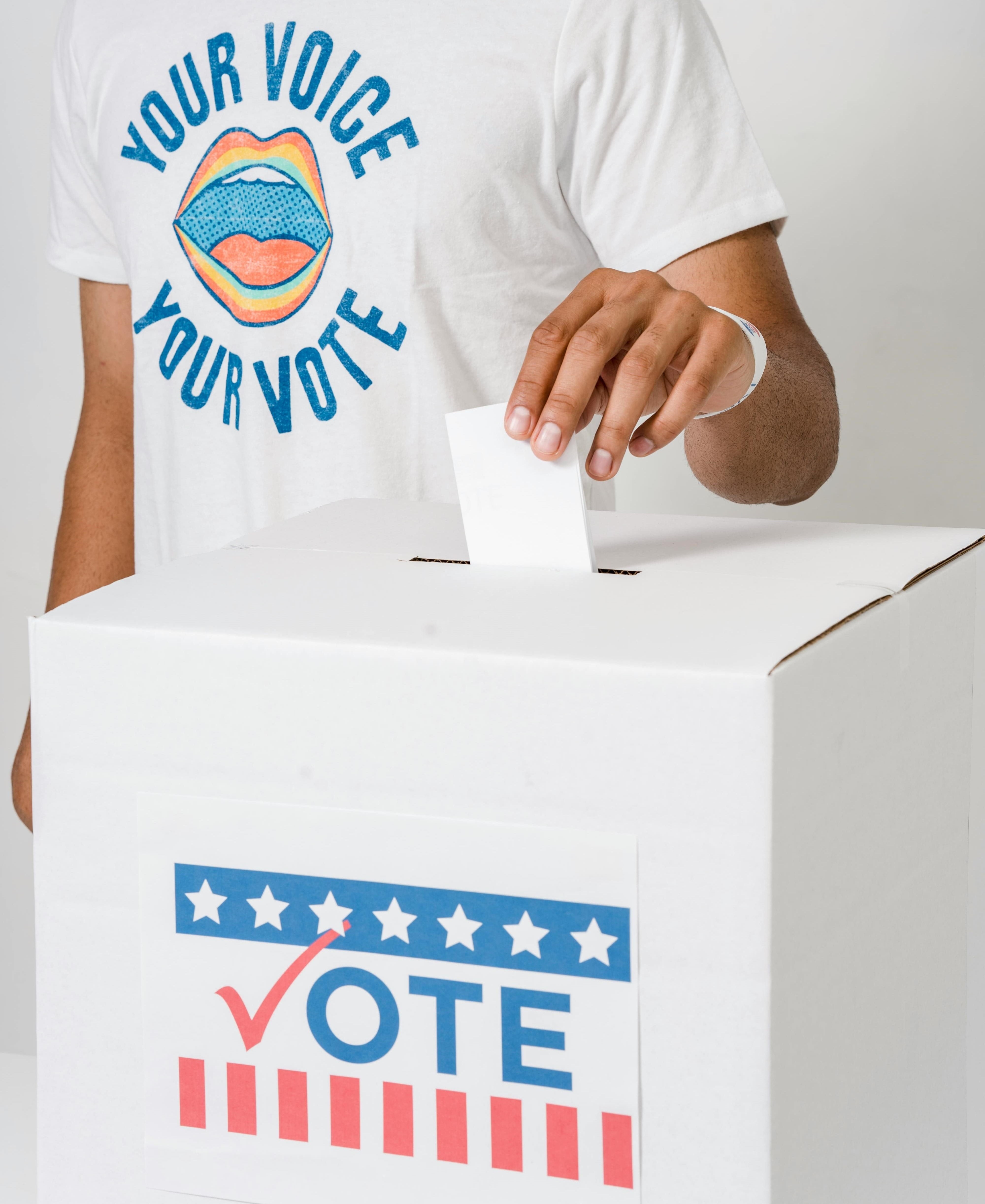Dealing with Sociopolitical Stress
What is Sociopolitical Stress?
As we navigate periods of political change, you may expereince sociopolitical stress, which refers to the psychological and emotional strain that political, social, and economic events can have on people.
Sociopolitical stress can result in a range of emotional reactions, including increased levels of stress, worry or overwhelm, depression, frustration, or anger. People may also experience increased feelings of isolation as they may have a different point of view from their peers, friends, or family.
Sociopolitical stress can negatively impact your ability to focus on your academic work as well as affect your relationships with others. Increased exposure to social media and the news, navigating heated conversations around politics, and dealing with fears about what the future will bring can increase feelings of sociopolitical stress.
The University Counseling Center is here to support you as you face these challenges and uncertain times. Please check out information about our services by clicking on these links.
You can also explore additional resources below.

Additional Ideas and Resources
Here are some strategies for managing your mental health and sociopolitical stress as well as other resources that may help you navigate this stressful period.
Campus Dialogue Resources
If you are interested in demonstrating, you can connect with Josh Shulruff, the campus dialogue program manager at the Bennion Center for Community Engagement.
He can offer guidance on university policies and legal guidelines as well as assistance
accessing resources available to student organizers and activists.
The Perspectives online program, developed by the Constructive Dialogue Institute (CDI), provides tools
for engaging in constructive conversations that promote understanding and respect.
This online resource is available for free to all students, faculty, and staff who
register online.
You can also check out these resources from the Office of the Dean of Students:
Talk with Someone
It can be hard to go through uncertainty alone; reach out to a friend or loved one and try talking with them about how you feel and what you are going through. You can also talk to a crisis counselor, no appointment needed, by walking in to the University Counseling Center or calling 801-581-6826 Monday - Friday, 8 am - 5 pm.
Empowerment Plan
Make yourself an Empowerment Plan by writing down what you could do or who you could contact for additional support. It may also be helpful to write down your thoughts and feelings.
Here is a template you can download and fill out, or you can create your own.
Self-Care
We are creatures of habit and our brains and nervous systems like routine. A routine can help decrease feelings of anxiety and uncertainty, as well as highlight aspects of life that are under your control. Maintaining a regular bedtime, getting enough sleep, nourishing your body with healthy foods, eating regularly throughout the day, and spending time connecting with others are healthy habits that can significantly impact mental health.
Media Mindfulness
Be mindful of the amount of time spent on social media and the news. Remember, the news cycle tends to focus on crisis related content, conflict and strife. While this is part of what is going on in the world, it isn’t ALL that is going on.
Maintaining your attention on this content can negatively impact your mood. Take a break from it and remind yourself of what else is also happening in the world—positive experiences or even neutral experiences. Nice News is a helpful counterbalance to what is seen in the mainstream news cycle.
Federal Transition Guidance
The University of Utah has put together a page all about the various topics and questions that many people have questions about under the new goverment leadership. These topics include research, immigration, and health care. You can learn more by visiting this page, which will be updated as things change.
More Resources for Election Anxiety
Jed Foundation: Election Stress
